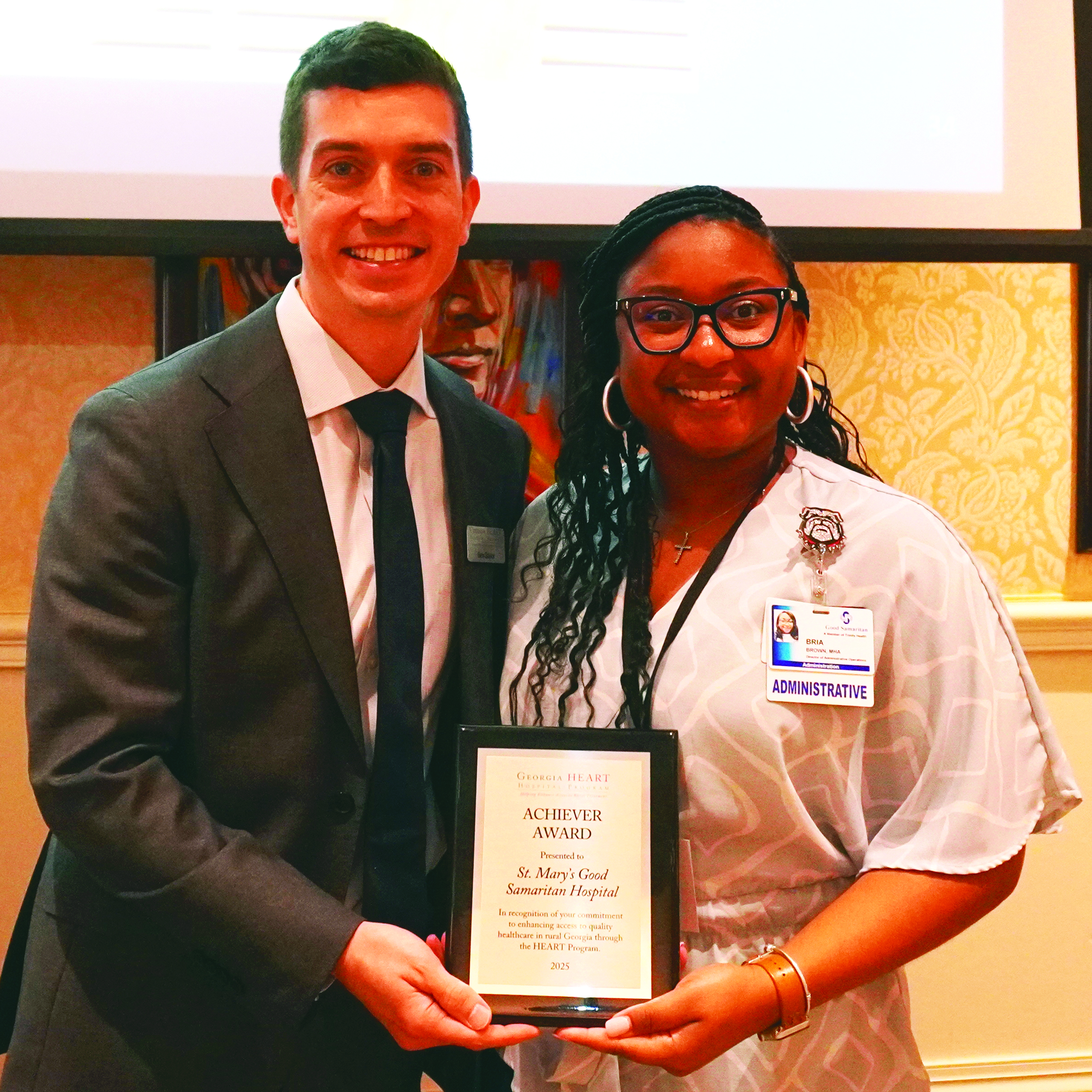Comey deflects big question, committee reaction divided
Published 8:15 am Friday, June 9, 2017
WASHINGTON — With a transfixed nation watching, former FBI Director James Comey ducked the elephant in the room question: Did President Donald Trump intend to obstruct justice in their private conversation about the bureau’s investigation into former national security adviser Michael Flynn’s Russian connections?
During three hours of candid remarks before the Senate Intelligence Committee Thursday, Comey declined to offer his opinion on that crucial question, saying that was up to Special Counsel Robert Mueller to determine.
“I don’t think it’s for me to say,” said Comey. “It was a concerning thing, a very disturbing thing.”
But Comey didn’t flinch in asserting that Trump fired him because the FBI inquiry was putting pressure on the president, and that in a Feb. 14 one-on-one in the oval office, Trump asked him to drop the Flynn inquiry.
“I hope you can see your way clear to letting this go, to letting Flynn go,” Comey recalled Trump saying. “He is a good guy. I hope you can let this go.”
What Trump meant, and whether it was inappropriate or simply lack of knowledge about FBI protocol, depended on which side of the nation’s political divide committee members, and likely the public, came down on.
Democrat and Republican senators saw the Comey-Trump exchange differently.
To Democrats, it was an example of Trump trying to use his influence to squash an investigation, so inappropriate it raised the question of obstruction of justice.
“Think about this,” said Virginia Sen. Mark Warner, committee vice chair. “The president of the United States asking the FBI director to drop an ongoing investigation.”
Republican senators rejected any suggestion of wrongful intent, saying it was no more than a simple request by a president new to politics and Washington, only a month into his term.
“He did not direct you to let (Flynn) go,” said GOP Sen. James Risch of Idaho.
Comey said he interpreted it as far more than a suggestion from the president. “I took it as a direction,” he said. “I took it as this is what he wanted me to do.”
Risch responded, “That’s not what he said. He said, ’I hope.’”
House Speaker Paul Ryan, who watched the hearing but is not a committee member, told his weekly press conference Trump likely didn’t realize his request could be inappropriate.
“The president’s new at this,” he said. “He’s new to government.”
Sen. James Lankford, R-OK, a member of the Intelligence Commission, didn’t consider the president’s remarks strong-arming. Lankford asked Comey if any other members of the administration asked the FBI to drop the Flynn investigation.
When Comey said they had not, Lankford said the president’s language was “a pretty light touch to drop it.”
Sens. Roy Blunt of Missouri and Marco Rubio of Florida, both Republican members of the committee, questioned Comey’s motive, asking him why he didn’t protest at the time or even resign if he considered the president’s comments were so troubling?
“You continued to show up for work the next day,” said Blunt.
Comey said at the moment he was “a bit stunned and didn’t have the presence of mind” to protest the president’s remark. He did say that he made notes about the exchange and subsequent private conversations with Trump because he didn’t trust him to tell the truth.
The former FBI director said a private dinner with the president a month earlier at the White House caused him to be wary and careful.
He said Trump asked then if Comey wanted to continue as the head of the FBI even though he had already told him twice in previous conversations he did want to continue in office.
Common sense, Comey said, told him Trump was “looking to get something (for) granting my request to stay.”
Furthermore, Comey said, the president followed up with this statement: “I need loyalty, I expect loyalty.”
Comey said he didn’t respond immediately, causing a long, awkward pause in the conversation. Then, he added, he didn’t use the word loyal but pledged he’d be honest with Trump.
Comey said Trump responded: “That’s what I want, honest loyalty.”
Contact CNHI Washington reporter Kery Murakami at kmurakami@cnhi.com.




